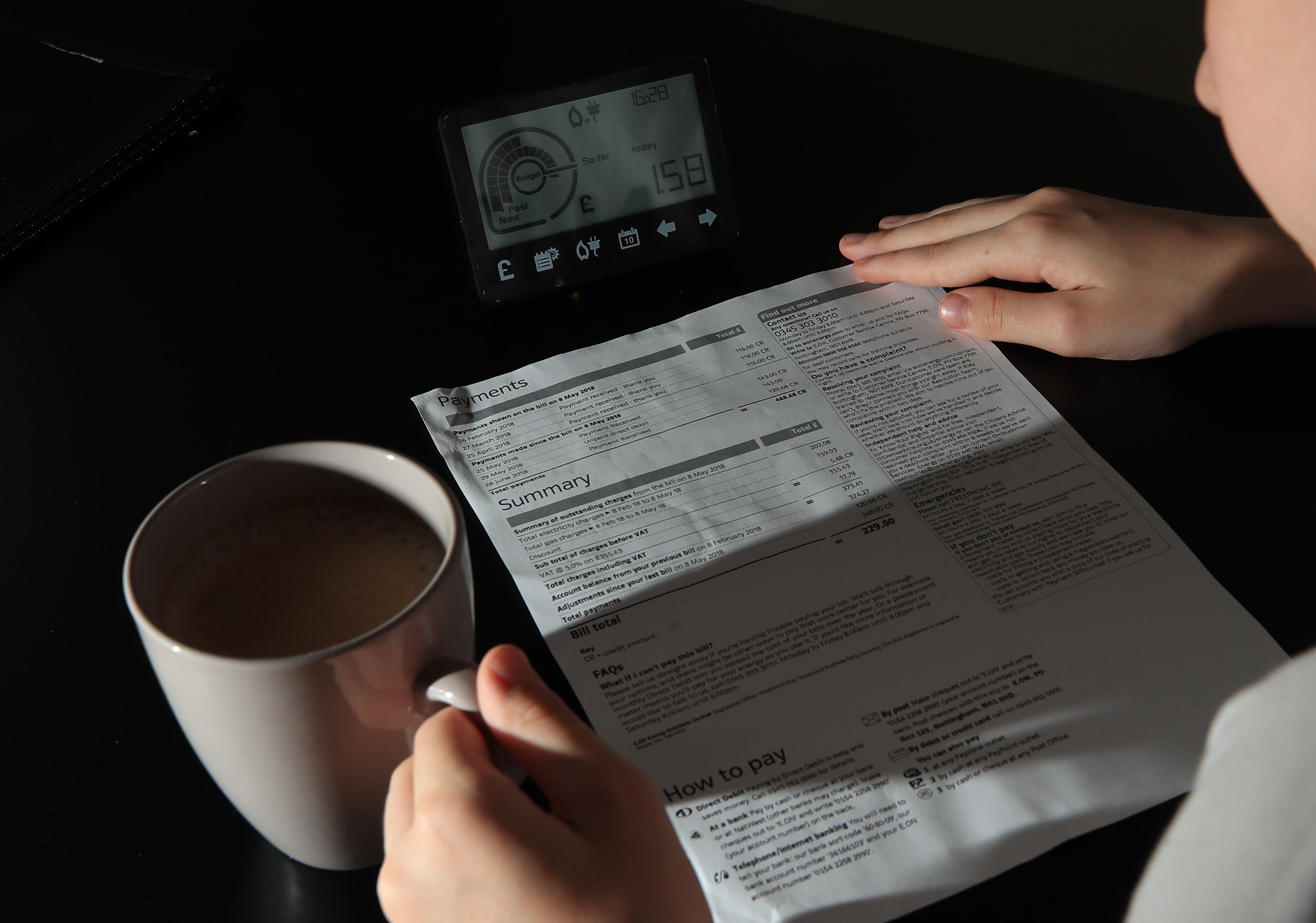Unemployment at lowest level since 1974 as UK wages fall sharply
Pay has dropped by the biggest fall in over 10 years

The rate of unemployment in the UK has fallen to its lowest level in 47 years, yet the average pay is struggling to keep up with inflation.
The number of jobless people has dropped to 3.7 per cent in the first three months of the year marking the lowest since October to December in 1974, according to the Office for National Statistics (ONS).
This timeframe saw more job vacancies than unemployed people for the first time, although the fall in rate was partially due to a rise in people leaving employment altogether.
While the figures seem hopeful, data from the ONS also highlighted wages and salaries were dropping further behind rocketing inflation, exacerbated further by the cost of living crisis.
Regular pay, excluding bonuses, dropped by 2.9 per cent in March when taking Consumer Prices Index (CPI) inflation into account, signifying the biggest fall since November 2011.
In the three months leading up to February, real regular pay was 2 per cent lower bringing the steepest decline in money taken home since 2013.
This comes in spite of regular average pay picking up by 4.2 per cent in the quarter.

Pay including bonuses rose to 7 per cent, and was up 9.9 per cent in March, as companies rewarded staff as the jobs market began to boom following the Covid pandemic.
There was a further rise in the number of workers on payrolls, up 121,000 between March and April to 29.5 million, ONS data also showed.
Its director of economic statistics, Darren Morgan, said: “Total employment, while up on the quarter, remains below its pre-pandemic level.
“Since the start of the pandemic, around half a million more people have completely disengaged from the labour market.
“Indeed, with the latest fall in unemployment, to its lowest rate since 1974, there were actually fewer unemployed people than job vacancies for the first time since records began.”
The UK has been hit by the cost of living crisis which is due not only to the rise in inflation, stagnant wages, and a rise in oil and gas prices.
The prime minister and chancellor have been repeatedly urged to do more to help those who are struggling, yet the government this week suggested people take on more hours or find a better job.
Home Office minister Rachel Maclean said it wanted to see people help themselves more in the long run proposing people visit the job centre for extra work.
“Over the long term we need to have a plan to grow the economy and make sure that people are able to protect themselves better – whether that is by taking on more hours or moving to a better-paid job,” she told Sky News.
“That’s why job centres exist, that’s why the work coaches exist – to work with individuals on their own individual situation.”
Join our commenting forum
Join thought-provoking conversations, follow other Independent readers and see their replies
Comments


Bookmark popover
Removed from bookmarks